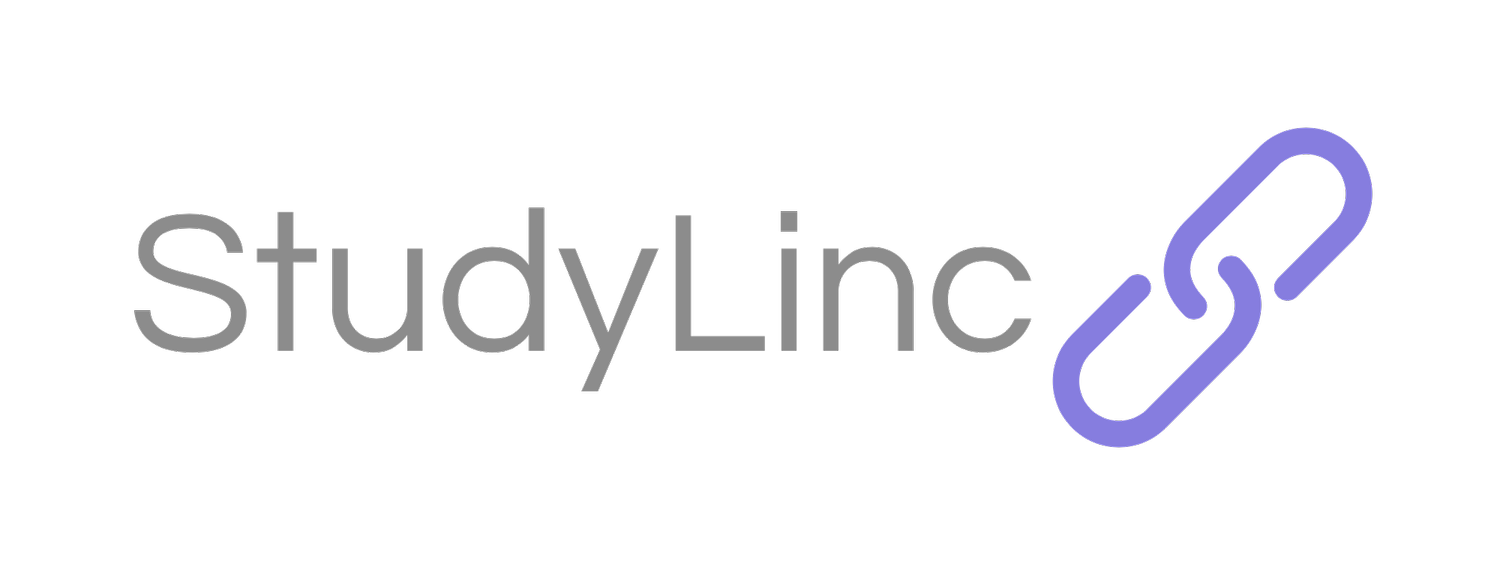Benefits
Reduces depression and anxiety
By promoting the release of endorphins and serotonin
Improve cognitive function
Enhances memory, attention and executive function
Works by increasing blood flow to the brain which supports neurogenesis
Build psychological resilience
Which reduces psychological distress
Regulate stress and sleep
Regulates the HPA axis to reduce stress hormone levels
Improve sleep quality, which helps emotion regulation
Supports emotional regulation
Enhances introspective awareness to improve management of feelings and reactions
Recovery & Sleep
Mental and emotional restoration
Nervous system to reset to support emotional regulation and reduce burnout
Physical repair and growth
Allows the body to repair muscle tissue, replenish energy stores and reduce information.
Lack of recovery and lead to injuries, weakened, immunity and chronic fatigue
Sleep and cognitive function
Paul, recovery leads to brain fog, impaired, focus, and slower reaction times
Hormonal Balance
Recovery helps regulate cortisol and serotonin levels
Performance and motivation
Recovery improves, motivation, creatively, and resilience
Circadian Rhythms
Disruption in circadian rhythms is linked to nearly all psychiatric conditions, including:
Depression
Bipolar disorder
Schizophrenia
Anxiety disorders
During manic episodes, the body clock can run about 7 hours ahead
During depressive episode and body clock can run 4 to 5 hours behind
Chronotherapy:
Uses light therapy to treat mood disorders by adjusting sleep and wake times
Circadian based interventions may become standard components of mental health care


